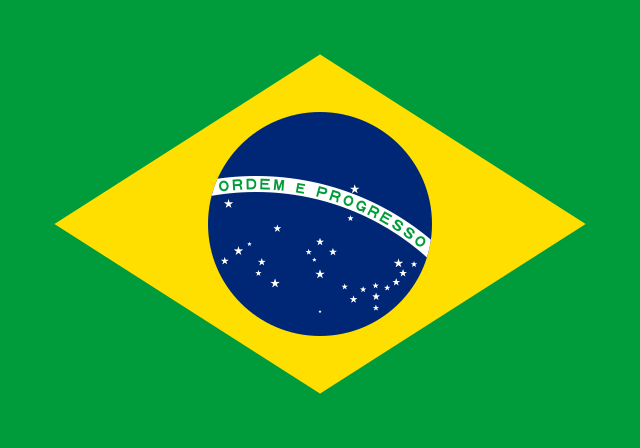INFLATION FORCES BRAZILIAN CENTRAL BANK TO RAISE INTEREST RATES BY 100 POINTS
The Brazilian Central Bank has incremented the interest rate a full percentage point to 12,5% from 11,5% this last week.
This movement is the last action of the current Central Bank president who diverged from president Lula who claimed the former president of the Central Bank was “misadjusted in Brazil at this moment. The behavior of the Central Bank is misadjusted. A president of the Central Bank that does not show any autonomy, who plays politics and in Lula’s opinion works to damage the country rather than help it. Because there is no explanation for the interest rate at the current level [10,5% in June 2024].
The mandate of Campos Neto, then president of the Brazilian Central Bank ends on 31st of December and Gabriel Galipolo will take over.
Galipolo is a long time ally of Fernando Haddad, the finance minister, with his whole career at the public sector with no experience in the financial market – origin of the previous presidente. Galipolo will ease the tensions between the ministery and the central bank.
The big risk for Brazil is the ideology of both Haddad and Galipolo who are adversarial to the market freedom and who believes in government taking helm of the economy. There is a real risk that both will heed to the demands from Lula to reduce the interest rate sooner.
ORIGINS OF INFLATION IN BRAZIL
There are four main sources of inflation in Brazil.
The main source of inflation is the monetary policy. The government is increasing money supply by borrowing and Brazil have a primary deficit that is swelling and have a tendency to swell more and more, for the Lula government is likely to continue with this policy.
This policy is enacted by using the state owned entrerprises (SOEs) to increase employment, artificially keep fuel prices low, by ordering Petrobras not to update the prices of fuel and by financing NGOs that only exist because they are funded by the government. A specialty of Brazil, where Non Governamental Organs are 100% dependent on the government to exist.
The other source of inflation is the low efficiency of the Brazilian industry. At the mining and agricultural sector Brazil is very efficient, but in manufactured goods it is inefficient and consequently the prices are much higher than they should be.
The exchange rate of the American dollar also puts pressure on inflation, because the other countries are getting more efficient and by comparison, the value of the Brazilian currency, the Real, loses value.
The last important source of inflation is the native characteristic of Brazilians buying goods on credit at the same price they would pay upfront. With interest rate at 12,5% the price difference puts a penalty on price.
This adds at least 2% onto the inflation, because the cost of interest is included in the price. Whenever the exchange rate moves, the inflation number increases, and the interest coupon is duly increased, getting even larger. This observation is by prof. Dr. Stephan Kanitz.
PROGNOSTICS ON INFLATION
Inflation is bound to increase in Brazil, because all Brazilian expect Lula government to push demand by forcing the Central Bank to reduce the interest rates. In 2016 the same Lula, forced the growth of the economy for electoral purposes and given that the same councilors are around Lula, they will use the same strategy.
The minister of finance has ipsis verbis declared in 2017 that “I only studied two months of economy” and only got his masters in economy by cheating. The press corps in the ministry of finance claimed it is just a joke by the minister, but his inability to manage the portfolio as well as his poor performance in interviews demonstrates his shortcomings in the knowledge of the basics of economics.
The statist nature of the Labor Party will stress the country once more to grow in anticipation of the national elections. Petrobrás will keep the prices under control as it is possible now because oil price is going below 70 dolars per barrel. If things change, there will be pressure and prices will rise again.
REFERENCES:
Governo Central registra déficit primário de R$ 5,326 bilhões em setembro — Ministério da Fazenda
Compre Sempre à Vista – Stephen Kanitz
Futuro ministro da Fazenda, Haddad confessa que não entende de economia
